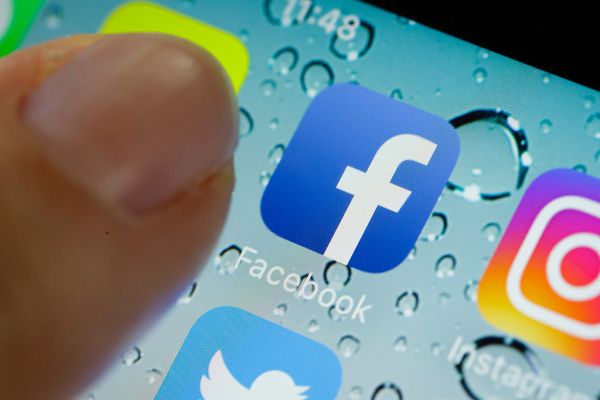Facebook has denied censoring a viral video taken after a police officer fatally shot a man in his car in Minnesota.
Lavish Reynolds pulled out her phone and began a Facebook Live stream after her boyfriend, Philando Castile, was shot by a police officer who, Reynolds said, had pulled their car over for a broken taillight in Minnesota’s Falcon Heights district. Media reported that Castile later died from his injuries.
Reynolds’ video quickly went viral on social media and news websites, reaching 1 million views. But it soon disappeared from the social network, which led some to question whether the company had made the decision to remove the video and accuse it of censorship.
However, Facebook, which has been under pressure for reportedly altering what stories feature as trending news topics on the social network, denied that it had purposely taken down the video.
“We’re very sorry that the video was temporarily inaccessible. It was down due to a technical glitch and restored as soon as we were able to investigate,” a Facebook spokesperson told TechCrunch.
The video returned to the site after about an hour. It now includes a warning for anyone who tries to view it and is labeled “disturbing.” (We have decided against including a link to the video because of the distressing nature of its content.)
The video has prompted widespread outcry coming less than one day after the death of Alton Sterling, another black man who was shot by police for a seemingly indiscriminate reasoning. Like Castile’s shooting, Sterling’s death was recorded via a smartphone video captured by a bystander, although it wasn’t streamed to Facebook.
Facebook launched live video streaming last August, and, to date, its most notable broadcast has come from American woman Candace Payne, who filmed herself playing with a newly bought Chewbacca mask in a department store carpark. The video, which currently has over 158 million views, turned the Texas mom into a viral sensation overnight, with brands and companies flocking to give her gifts and gain her endorsement.
If Payne’s video is frivolous and fun, then Reynolds’ sits at the opposite end of the spectrum — chilling yet hugely important. It’s proof that live-streaming, social networks and the internet play a significant role in society beyond just entertainment. They are tools to help document injustices that, in past eras, went unnoticed and unaccounted for.
